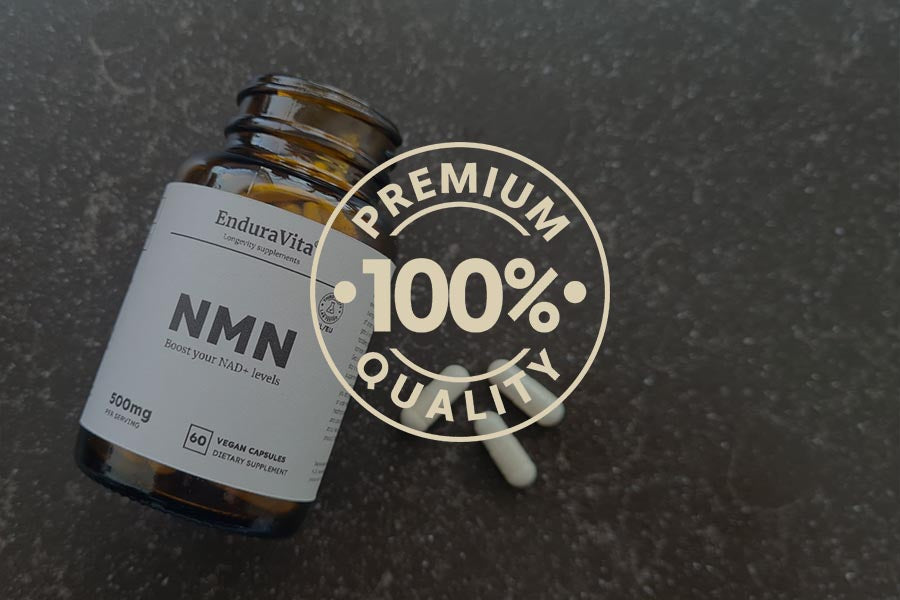
Research: the effect of betaine/TMG on reducing body fat
In recent years, the increase in obesity has led to the search for effective interventions to reduce body fat. One of the methods investigated is the use of dietary supplements such as betaine/TMG, which have gained attention due to their potential benefits. Betaine/TMG, a natural substance found in foods like spinach, seafood, and whole grains, has been studied for its role in reducing body fat. However, the results of studies in humans are inconsistent, prompting researchers to further investigate the effectiveness through systematic reviews and meta-analyses.
The research
A recent systematic review and meta-analysis aimed to evaluate the effects of betaine supplementation on obesity and body composition in humans. The study gathered data from various randomized controlled trials (RCTs) and focused on key obesity-related indicators such as body fat, fat percentage, body weight, and body mass index (BMI).
The review included six studies with a total of 195 participants. The analysis showed that betaine supplementation significantly reduced total body fat by an average of 2.53 kg and body fat percentage by 2.44%. These findings suggest that betaine may be a useful supplement for reducing body fat. However, no significant changes were observed in body weight or BMI, indicating that betaine may help with fat reduction without necessarily leading to weight loss.
Why betaine/TMG?
Betaine is a byproduct of sugar beet refining and is also found in foods such as spinach, whole grains, and seafood. It plays a role in liver function and fat metabolism, and helps with the transmethylation of homocysteine, a process important for cardiovascular health. In animals, betaine has been shown to significantly reduce fat accumulation, and it is also used in animal feed to lower the fat content in carcasses.
However, studies in humans have yielded less clear results. The variability in outcomes may be due to differences in study methods, the amount of betaine administered, and the characteristics of the participants.
What does the research tell us?
This meta-analysis provides encouraging evidence that betaine/TMG can help reduce body fat in humans. Although it does not necessarily lead to weight loss or a decrease in BMI, its ability to reduce fat makes it an interesting supplement for people looking to improve their body composition. However, the authors emphasize that more research is needed to fully understand the mechanisms behind the effects of betaine and to develop consistent guidelines for its use in reducing body fat.
Conclusion
As obesity continues to be a growing health challenge worldwide, finding effective solutions remains a priority. Betaine, a natural substance found in everyday foods, shows potential in reducing body fat. Although it is not a miracle cure for obesity, it can be a useful addition in the fight against excess fat storage, especially when combined with other interventions such as diet and exercise. Further studies will hopefully confirm the role of betaine in human health and weight management.
Key point: Betaine supplementation may be an effective way to reduce body fat, but more research is needed to understand its full potential.
Source: https://www.ncbi.nlm.nih.gov/pmc/articles/PMC6835719/










